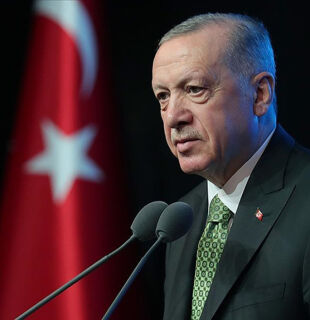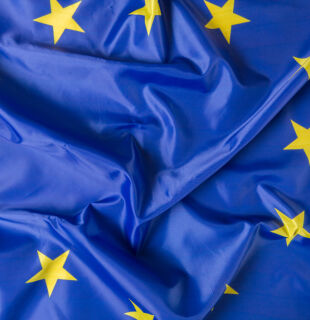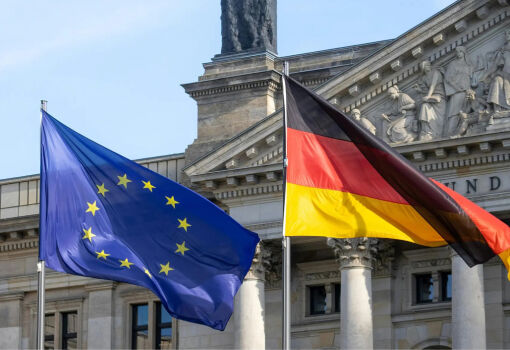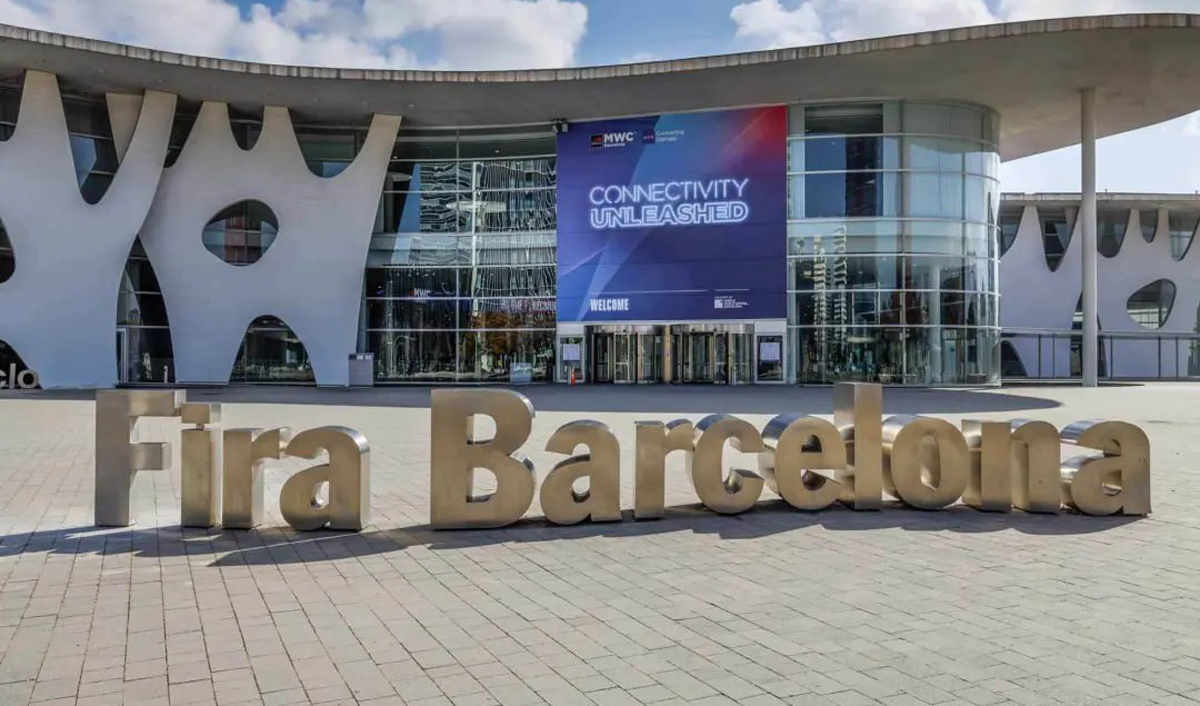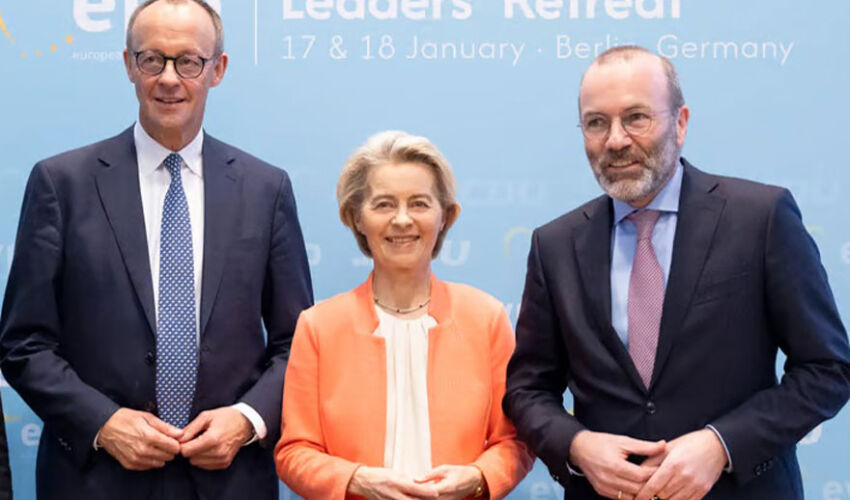
Immediately after the elections, Merz began negotiations on a coalition with the Social Democratic Party (SPD). This time-tested formula (the fourth coalition between the CDU and SPD since 2005) will provide more ideological cohesion and stability than the previous “traffic light” coalition (SPD, Free Democrats, Greens), which was torn apart by contradictions. However, the main thing is the shift of political weight from the center-left to the center-right, which brings the German government closer to the President of the European Commission Ursula von der Leyen and the leader of the European People’s Party (EPP) Manfred Weber.
This trio of German Christian Democrats is capable of delivering the economic reforms that will provide the necessary boost to Europe’s competitiveness. Yes, there are notable differences in their approaches to the budget. Von der Leyen, inspired by Mario Draghi’s report on strengthening the bloc’s economy, emphasizes supply-side stimulus, while Merz’s “2030 Program” is more focused on cutting social spending, introducing tax breaks for small and medium-sized businesses, and reducing the increased costs hurting German industrial giants including ThyssenKrupp and Volkswagen. Importantly, Merz and Weber are concerned that green initiatives and climate goals are hampering economic growth.
However, the trio also have much in common, allowing them to work together on four key areas. First, von der Leyen, Merz and Weber can work together to remove bureaucratic barriers: simplify regulation; ease reporting requirements for due diligence, corporate social responsibility and environmental sustainability; and accelerate the digitalization of public administration to reduce costs and increase productivity.
Second, they should undertake supply-side reforms, including massive public investment in infrastructure (railroads, roads, public transport) and decarbonization (renewable energy, energy storage, grids). To appeal to those who are skeptical of the environment, these measures should be presented as industrial policies aimed at reducing energy costs and increasing competitiveness. The role of nuclear power in the decarbonization process should also be discussed.
Third, to support critical industries, including medical technology, biotechnology, artificial intelligence, quantum and cloud computing, we should focus on investing in university research, creating a unified legal and tax system for business (with tax incentives for startups), and developing deep, unified capital markets.
Finally, given the newfound U.S. indifference to NATO allies, Merz, von der Leyen, and Weber should form a united front to bring the Ukrainian war to a just end and provide a credible defense against an increasingly belligerent Russia.
Increasing Europe’s military capabilities requires more than just increased spending: Merz, von der Leyen, and Weber must work to create a truly European defense market. This can be achieved through measures such as joint investments by national and European funds in research and development of dual-use technologies such as drones; a unified defense procurement system managed centrally by an EU agency; and a “buy European” strategy that gives preference to EU defense firms in public tenders.
It is estimated that Germany needs to spend $60 billion annually over the next ten years to solve its economic and security problems, and European defense spending needs to increase by 250 billion euros annually in the near future. The trio of German Christian Democrats, who lead the EU and the EU’s economically largest country, have already presented budget reforms that would help make these investments happen. If successful, they could expand European defense and security cooperation (traditionally the responsibility of EU countries, many of which have dire public finances) and improve the EU’s overall competitiveness.
Simon TUBO
Associate Professor in the School of Politics and International Relations at the University of Nottingham, Principal Investigator on the British Academy project “Assessing the drivers and consequences of multi-level state responses to the Covid-19 pandemic in the G7 countries”.
(c) Project Syndicate, 2025.
www.project-syndicate.org
